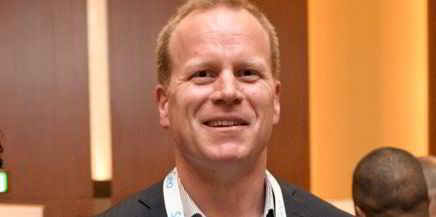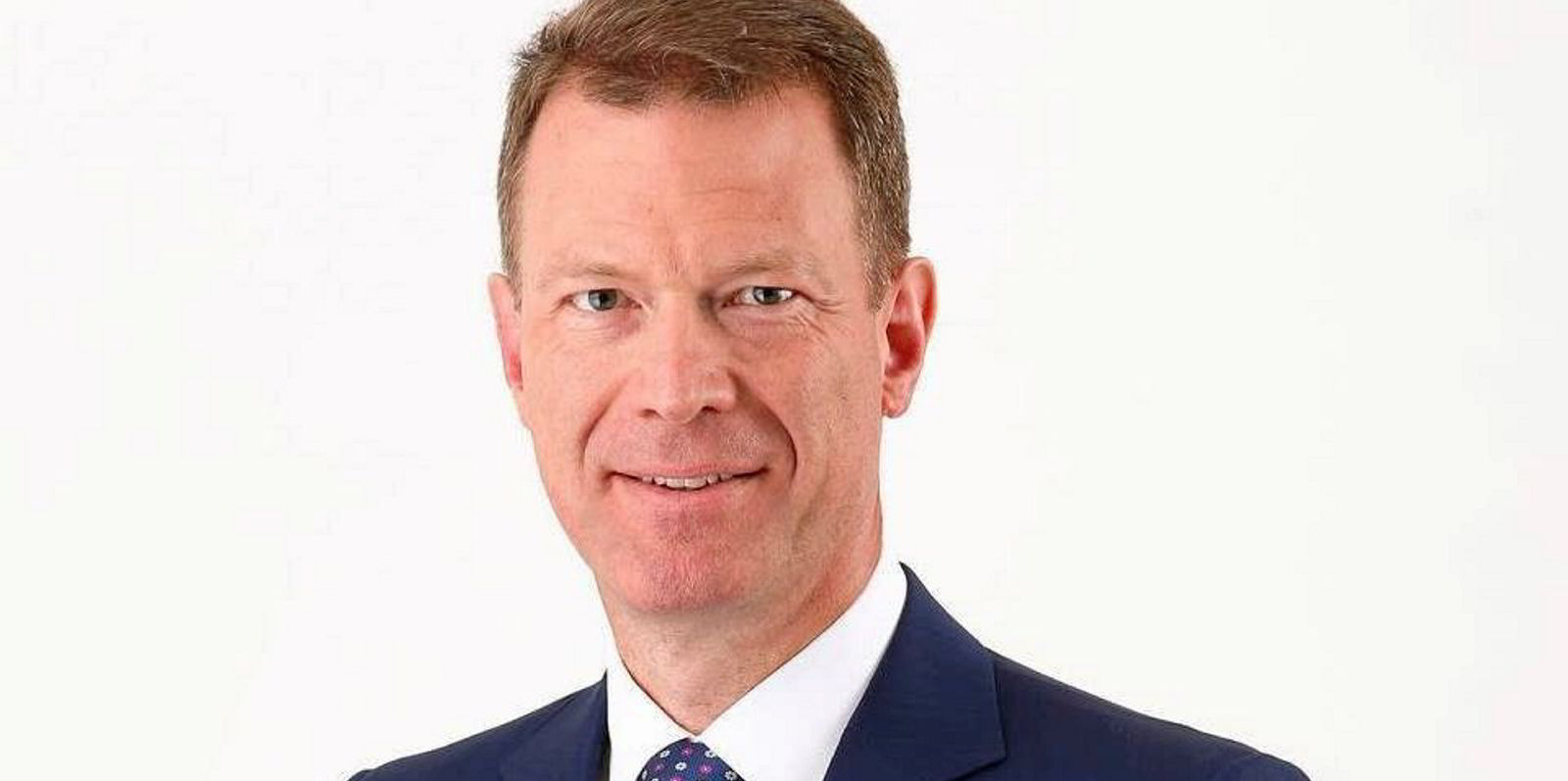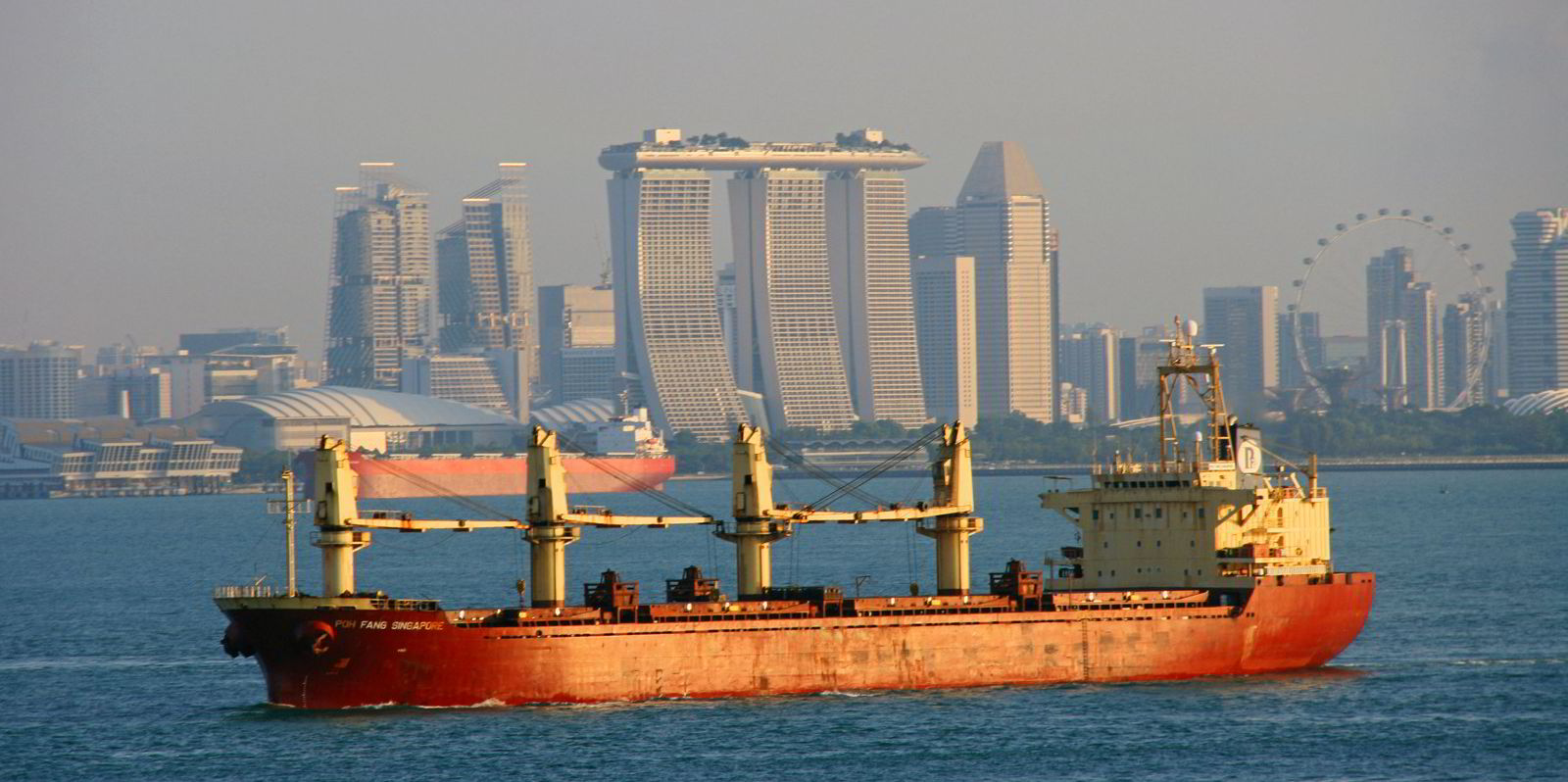RightShip has expanded its tools for cargo owners to measure Scope 3 emissions from the vessels they use but do not control across their supply chains.
Bulk commodity producers, freight forwarders and traders are under growing pressure to demonstrate reductions in their Scope 3 emissions. Shipping can constitute as much as 88% of oil and gas sector and 95% of mining sector Scope 3 emissions.
The ship vetting organisation said its Carbon Accounting Reporting Tool builds on previous work done for charterers and freight forwarders over the past five years to provide bespoke reporting that measures, monitors and benchmarks greenhouse gas (GHG) emissions over defined periods.
Vessel, cargo and route type filters, supplier comparisons and vessel performance metrics are included to allow informed decisions on emissions tracking and reporting, it added, while demystifying the logistics selection process.
Kris Fumberger, head of sustainability & the environment for RightShip, said it is seeing leaders in the energy and raw materials sectors outpacing regulation as they look for ways to make significant GHG reductions across their operations.
"To do that, they need data. And not just any data: they need detailed, comprehensive and accessible data across a rich variety of metrics to identify emission hotspots in their operations and opportunities to improve," he said.
"This is too complex a task to go into blind."
The Carbon Accounting Reporting Tool has been integrated into the existing RightShip platform, so that GHG insights, vessel vetting and inspections data can be accessed from one location.
Users are provided with GHG summary data visualisations, plus graphs that profile selected vessel performances aligning with the Sea Cargo Charter methodology.
Shipping and the commodity industries reliant on it "have a steep hill to climb" to meet the International Maritime Organization's target of 50% emissions reductions by 2050, Fumberger said, and "that hill looks more like a mountain", as it isn't ambitious enough to achieve the Paris Agreement to limit global warming to 1.5C.
"We need to continue to deliver the tools that foster data reporting and transparency to the industries that need them the most, to start making improvements today," he added.





